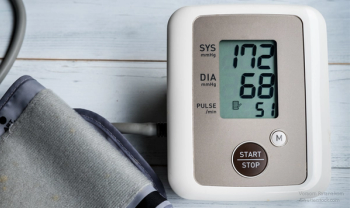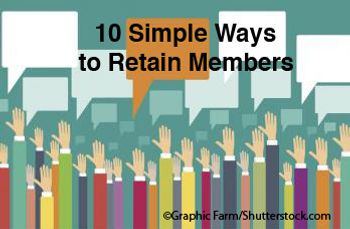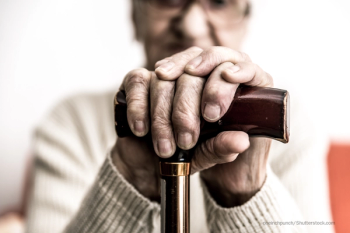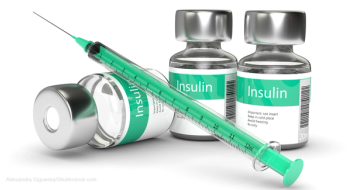
Onboarding new oncology patients can be a delicate process to help them prepare for their care journey. Here are the first steps.

Onboarding new oncology patients can be a delicate process to help them prepare for their care journey. Here are the first steps.

Surprising findings from the largest study to date investigating the genetics of osteoporosis and fracture risk.

Plenty of M&A deals look great on paper but ultimately fall apart in the post-deal integration phase. Here are the biggest pitfalls healthcare executives and stakeholders on both sides of a deal need to consider when managing this critical phase of the process.

FDA recently approved 2 new treatments, heightening competition in the HIV-1 drug marketplace.

FDA cleared the first and only easy-to-swallow liquid drug to treat amyotrophic lateral sclerosis (ALS).

While promising new options keep entering the scene, high costs can be problematic to patients and healthcare organizations. Here are some ways to cope.

The latest lymphoma research continues to bring new hope for patents, families and care providers. In looking at such advances, here are four things to know.

Not all therapies work the same in every patient, but that’s not the biggest challenge in treating mental health. This is.


Successful hospitals share the strategies they have used to reduce readmissions.

The amount of data in healthcare is growing, but that’s not necessarily translating to improved patient outcomes. Here’s why.

A pharma maker is recalling one lot of an allergy medication because the bottles mistakenly contain this medication.

These six medical conditions often accompany COPD, and providers should heed them as warning signs.

Progress in treating chronic obstructive pulmonary disease (COPD) is stymied by many factors. Here are the most problematic.

FDA is warning that a deadly infection has been reported with a widely used class of diabetes drugs.

In response to the lack of transparency, health organizations are creating drug pricing tools that deliver patient-specific pricing. Here’s how they work.

Eastern Maine Healthcare System’s program helps up-and-coming leaders gain the skills to best situate the healthcare organization for future success


Value-based reimbursement models require different leadership to align the practice and move it forward around a team-based model of care.

Retaining members is important for any health plan. Obviously there will always be defections, but many can be prevented.

A report by eHealth, Inc., has surprising findings about seniors transitioning from unsubsidized ACA plans into Medicare

A report from KLAS Research ranks sheds light on these popular tools and how vendors are missing the mark.

Executives speculate on what’s next following the remote patient monitoring CMS rule.

Promising new technology/biotechnology is on the horizon for migraine sufferers, according to a headache expert from Cleveland Clinic.

A new forecast reveals an important focus point for healthcare execs in the quest to manage pharma costs.

FDA recently approved a new treatment for 2 rare types of non-Hodgkin lymphomas, as well as a new drug to treat hereditary angiodema and 1 for Fabry disease. Here are the top three new drugs to treat rare diseases.

Cutting-edge technologies, as well as upgrades to existing technology tools, will improve diabetes care. Here's how.

While FDA approved the first drug containing cannibidiol (CBD), it is cracking down on certain other CBD products marketed as supplements.
